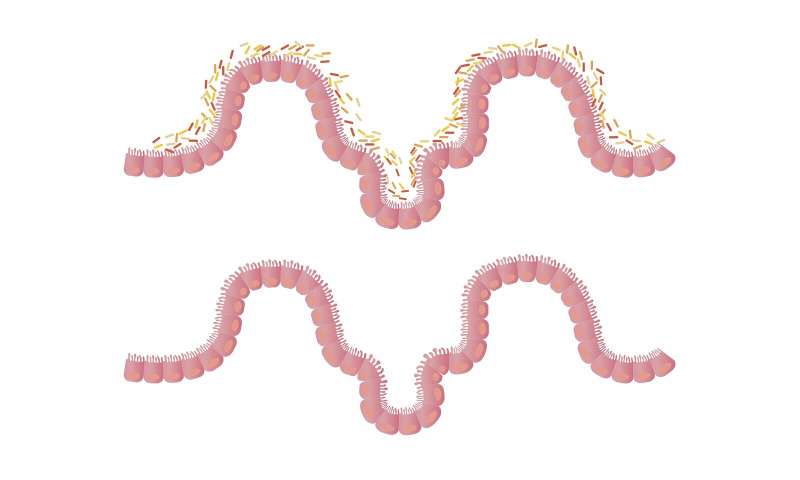
Sepsis is a serious condition that can result in organ failure and even death. A novel human study published in The FASEB Journal demonstrates for the first time that the gut microbiota of patients with sepsis plays a major role in organ damage.
To conduct the experiment, researchers first compared the fecal microbial composition of two human groups: people who had sepsis and those who did not. They observed that the gut microbiota was altered at both functional and compositional levels in the first group, compared with that of the second group.
The researchers then transplanted the feces to recipient mice, induced sepsis in the mice, and checked the mice’s organ injuries. The mice transplanted with feces from the first group showed more severe liver damage than the mice transplanted with feces from the second group, even though all the mice had been induced with sepsis. These initial findings suggest that targeting intestinal microbiota may help people recover from sepsis.
“Keeping healthy microbiota in your gut is important to maintaining normal immune status and combatting diseases like sepsis,” said Peng Chen, Ph.D., a professor in the department of pathophysiology at Southern Medical University in Guangzhou, China. “With further study, transplantation of healthy feces may one day serve as a novel approach for treating sepsis in intensive care units.”
Source: Read Full Article
